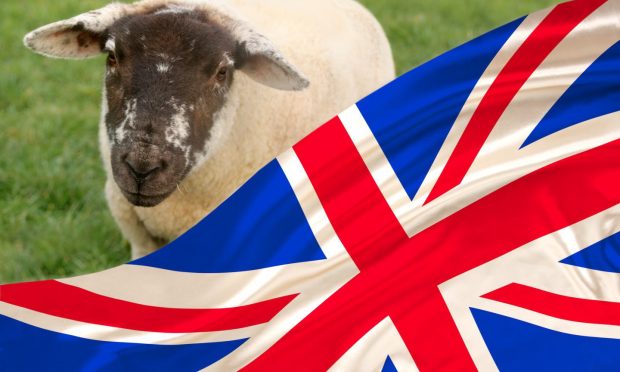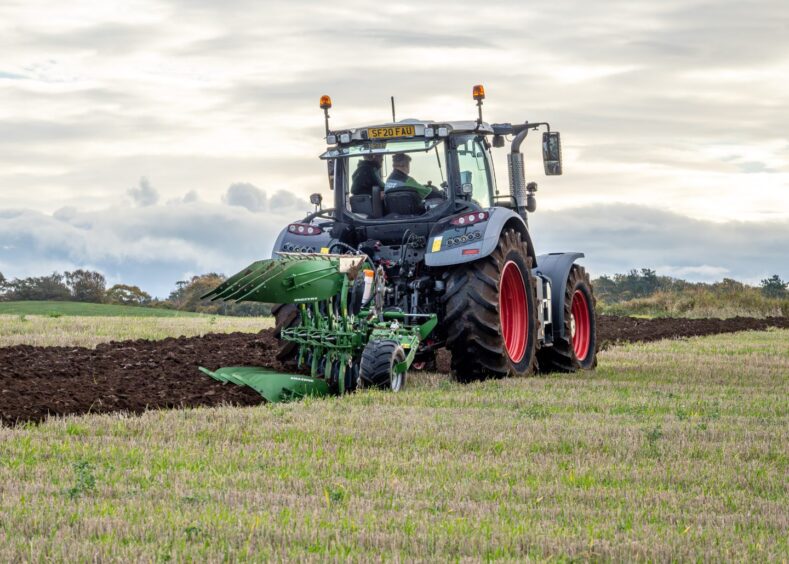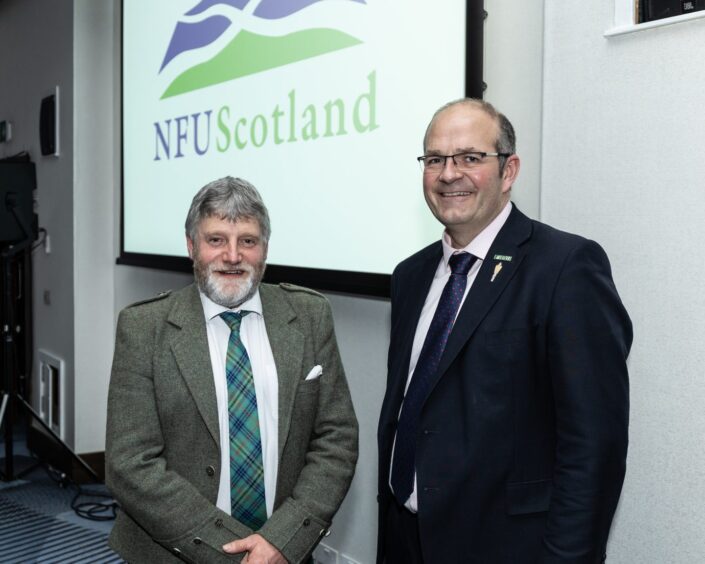Farmers and growers have been identified as being among the UK’s most favoured and valued workers.
They came second only to nurses in a survey commissioned by the National Farmers’ Union (NFU).
Nearly three-quarters (74%) of the public have a favourable view of farmers and growers, recognising how hard they work through rain and shine to produce food for the nation.
And more than nine in 10 (91%) survey respondents feel farming is important to the UK economy.
The results of the survey show it is vital the new government recognises how much the public value our farmers and growers and the climate-friendly, nutritious food we provide.” Tom Bradshaw, president, NFU
The survey findings were unveiled in the House of Lords, at the NFU’s first parliamentary reception since the general-election.
NFU president Tom Bradshaw said: “We’re incredibly grateful to the public for their continued support of British farmers and growers. When we’re out in our fields, sheds and glasshouses we never take it for granted and it spurs us on to get the food onto their plates.
“The results of the survey show it is vital the new government recognises how much the public value our farmers and growers and the climate-friendly, nutritious food we provide.”
Other findings include:
- 89% of the public feel it is important Britain has a productive farming industry.
- 85% of people support increasing self-sufficiency in UK food production.
- 87% of people think it is important trade deals ensure animal welfare standards are the same in countries we import food from as in the UK.
‘Food security is national security’
Mr Bradshaw continued: “As outlined in the Labour manifesto, food security is national security. To ensure we deliver on this shared mission and that the public continues to see a safe supply of food in the face of climate change and a volatile global outlook, confidence is key. But confidence of agriculture businesses is at an all-time low.
“As the industry that underpins Britain’s largest manufacturing sector – food and drink, which is worth £146 billion to the economy – it’s imperative that policies from the new government revitalise the confidence of farm businesses.
“The number one priority to achieve this long-term confidence is for government to set a UK-wide agricultural budget of £5.6bn.
Investment in farming
“It is not just ‘more money for farmers’ but an investment that means farmers and growers can do more of what the public value them for – delivering more climate friendly, high welfare food, delivering for the environment, increasing clean energy production and kick-starting economic growth.”
The NFU commissioned OnePoll to survey 2,000 adults between May 3 and 9 2024.
A recent survey of 797 NFU members shows farmers’ short and mid-term confidence is at its lowest since records began in 2010.



Conversation